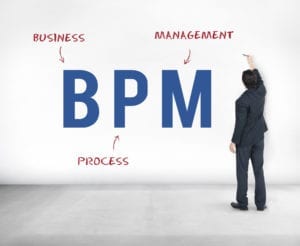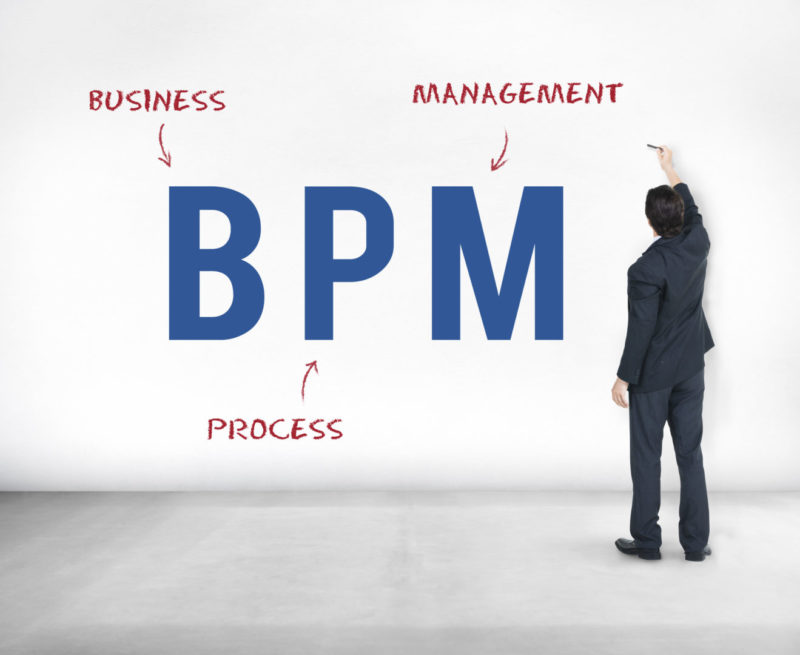 As a business owner who is probably always looking for ways to cut costs and increase efficiency, you should consider business process management. If you’ve never heard of business process management (BPM) or you’ve heard of it but you’re not sure exactly what it is, here are the answers to questions you may have:
As a business owner who is probably always looking for ways to cut costs and increase efficiency, you should consider business process management. If you’ve never heard of business process management (BPM) or you’ve heard of it but you’re not sure exactly what it is, here are the answers to questions you may have:
What A Business Process Is
Just because you own or manage a business, that doesn’t mean you can be familiar with the thousands of terms used in business. For that reason, you may not know what a “business process” means. A business process is an activity (or group of activities) designed to accomplish a specific organizational goal. These processes are broken up into categories depending on the nature of the business. Categories can include:
- Operational Processes that directly benefit customers, like taking orders and managing accounts
- Supporting Processes, like accounting, HR management and workplace safety
- Management Processes, like strategic planning, budgeting and governance
What Business Process Management Is
Business process management emerged in the late 1990s in response to an early 1990s concept called business process re-engineering (BPR). The goal of BPR was to swiftly gain maximum control over processes while eliminating redundancy and waste; unfortunately, BPR focused on money savings rather than how, or if, a business’s operations were improved after implementation. The goal of business process management is to retain and improve end-to-end processes and give users tools for continuous, long-term improvement.
The Steps Involved In BPM
BPM is ordinarily implemented in five stages: design, modeling, execution, monitoring and optimization. The process begins by defining the steps needed to accomplish a task, improving on those steps that add value and consolidating or automating others and then tweaking electronic workflows so that they jive with process maps. This can be accomplished through system integration, a service-oriented architecture or through software packages.
The Problems BPM Can Solve
BPM can solve a number of your business problems, including increasing revenue (and reducing costs), reducing waste, delivering more value, workforce optimization, regulatory compliance, knowledge retention, process control, risk management and even more specific problems like returning to status quo after a merger, aligning business with IT, business changes or organizational restructuring.
To find out more about business process management and how it can benefit your business, call the experts at Axis Software Dynamics at (469) 535-7500. You can also visit axissoftwaredynamics.com to find out more about what Axis Software Dynamics can do to improve the success of your business.






